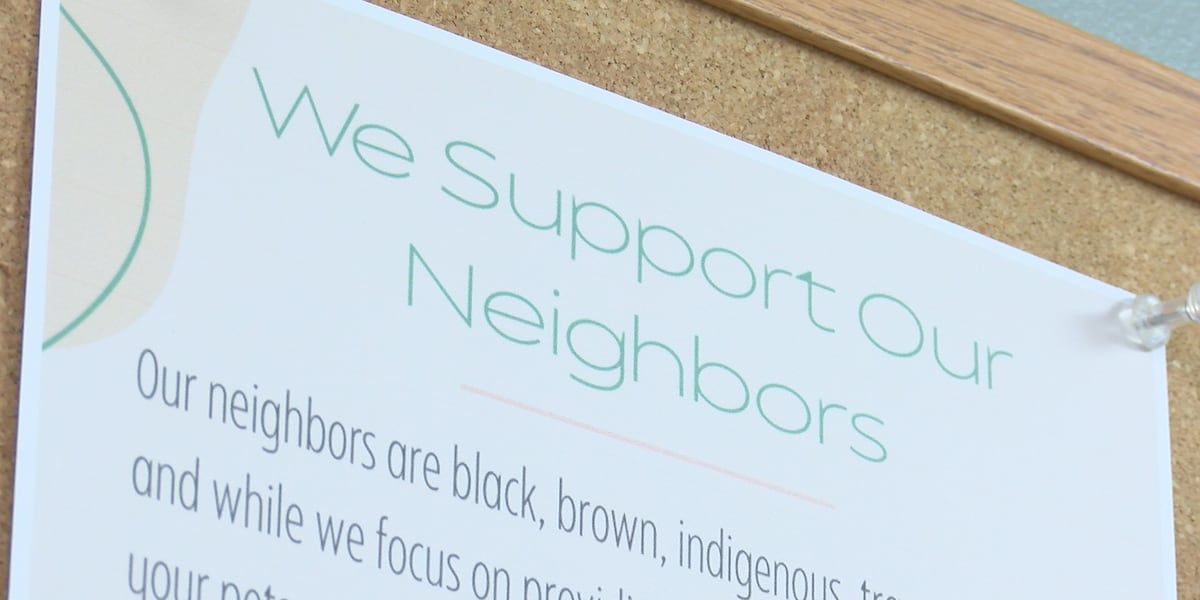Over the last several years, there has been a proliferation in the number of cyberfraud and payment scams targeting Americans. Connecticut has not been immune to this nationwide rise. FTC data shows that our state is on pace to exceed last year’s numbers—both in terms of the number of cases and total losses.
Here at the Southern Connecticut Black Chamber of Commerce, some of our business members have been affected by these scams. Whether it is fake invoices, imposter scams from utility companies, phishing scams, or more, the number and type of scams are only growing. Recent reports have even shown that scammers may be targeting elected officials across Washington, D.C., using artificial intelligence to impersonate famous voices.
These scams start on various platforms, including emails, phone calls, or text messages. And the scammers will use any medium possible to steal funds, whether it be cash, retirement accounts, or untraceable cryptocurrency.
Complicating matters further is the fact that most of these scams are not originating stateside. Many are being run by criminal organizations operating beyond our borders, predominantly from Southeast Asian countries, including Myanmar. The kicker? Sometimes the scammers are victims themselves, having been trafficked and forced to scam unassuming Americans.
In the wake of this rise in cyberfraud and scams, warnings from the FBI and State Attorney General William Tong have all made clear that if a number or email you don’t recognize is attempting to contact you, don’t engage.
Education can help give individuals and businesses the tools they need to protect themselves, but unfortunately, it is not enough to keep Americans safe.
Focusing only on technology is also not enough. Last year, some in Washington proposed new regulations on peer-to-peer payment platforms as a way to stop scams. While well-intentioned, these new regulations would have placed new burdens on users of the platforms and let crooks off the hook.
Truly protecting Americans will require a more comprehensive approach.
Fortunately, it appears that Congress recognizes this and is exploring ways to better protect Americans.
In the Senate, a bipartisan bill called the TRAPS Act was recently introduced. The measure, which would create a cross-departmental task force to study the fraud landscape and recommend legislative and regulatory changes, is a step in the right direction. By bringing together public and private stakeholders that are working on these issues daily, the measure recognizes the complexity of fraud and scams and the need to evolve our thinking on how to approach them.
But there are still more steps that Connecticut’s leaders in Washington can take to help protect residents.
Congress can support increased resources for all levels of law enforcement to find and remove scammers from the ecosystem. Leaders can also look abroad at solutions that have worked elsewhere, like the National Anti-Scam Center in Australia or Canada’s anti-spam legislation.
And lastly, our leaders must increase international pressure to shut down foreign scam centers. So long as these centers continue to operate, Americans will be at risk. The only way to eliminate this threat is to root it out at the source, and that begins with criminals.
Education is good, but there is more to do. Our Congressional leaders in Washington must lead the way in stopping this growing threat. The TRAPS Act, better resources for law enforcement, and more international cooperation are all part of a comprehensive strategy that will protect Americans online.
Deborah Caviness is the Founder of the Southern Connecticut Black Chamber of Commerce.









